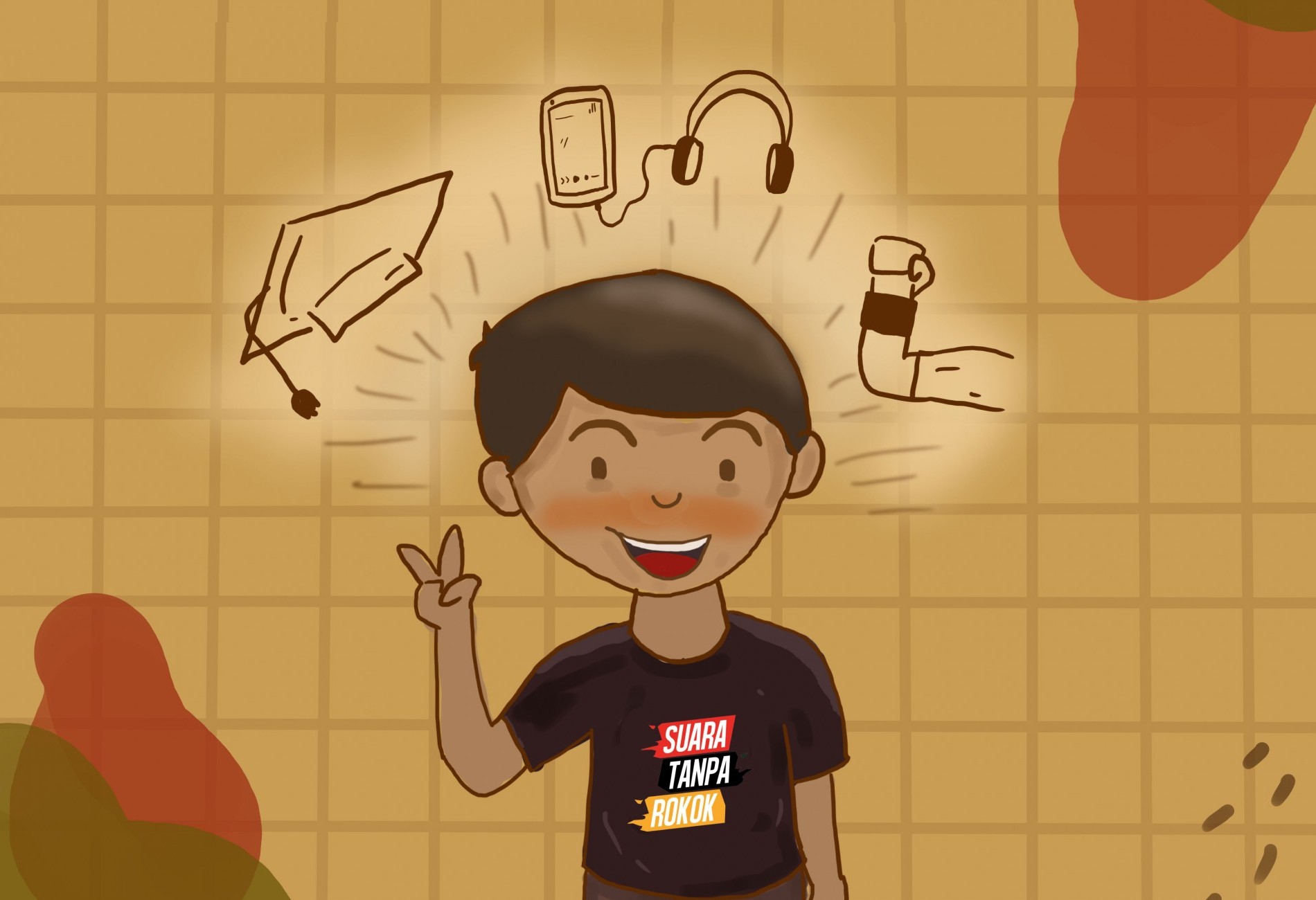Stop Smoking Tips
Simple smoking cessation tips
More than ever it's important to encourage people to quit smoking now to protect themselves and their families from illness and help to avoid Covid19 symptoms from being more severe.
Six Ways to Make Quitting Easier
How to Cope with Triggers
Don’t Give Up
Six Ways to Make Quitting Easier
- Find your reasons. Make a list of reasons for quitting and read it often.
- Pick a quit date. Choose a day that works for you and gives you time to prepare. Throw out all of your cigarettes beforehand and get rid of ashtrays and lighters.
- Get support and encouragement. Tell your family, friends, and co-workers that you are quitting and ask for their support.
- Notice and avoid what triggers cravings. Alcohol, coffee, stress and being around others who smoke can all trigger cravings. Notice what makes you crave smoking and avoid those situations or change your routine.
- Reduce caffeine intake. Cutting down your caffeine intake by at least half when you quit smoking can help you avoid symptoms such as difficulty concentrating, impatience, anxiety, insomnia, and restlessness.
- Keep trying. It takes almost everyone multiple tries to quit smoking, so don’t be discouraged to try again. You haven’t failed – you learned more about your triggers. Throw out your cigarettes and start again.
How to Cope with Triggers
- Waking up in the morning. Take a shower, eat breakfast, or brush your teeth as soon as you wake up. Change your usual routine.
- Coffee. Switch to tea or hold your cup in the hand that once held your cigarette, to break the routine.
- Finishing a meal. Brush your teeth right after eating. Take a walk if permitted.
- Being around other people who smoke. Go to places where smoking isn’t allowed. Tell friends that you’re trying to quit. Ask people not to smoke in your home. Quitting smoking is an act of self-care. Take care of your health first.
- Feeling nervous, stressed or anxious. Try relaxation techniques. Breathe deeply. Call a friend.
- Talking on the phone. Put something else in your hand, such as a pen. Doodle on scrap paper.
- Feeling hungry. Have a healthy snack or drink some water.
- Feeling sad or depressed. Even though you might not feel like exercising, physical activity can help when you feel down. Start doing something small, like taking a walk a couple times each week if permitted or stretches in your home.
- Feeling bored. Try new and interesting activities (e.g., read or start a hobby).
- Alcohol. Try to avoid drinking alcohol for the first few weeks since this can increase your desire to smoke. If you’re at a bar, sip on seltzer water, cranberry juice or something similar.
- Watching TV. Don’t sit in your usual chair. Keep popcorn or healthy snacks on hand.
Don’t Give Up
- It takes most people a few tries before they quit smoking for good. If you start smoking again, don’t be discouraged – try again!
- You haven’t failed – you have learned about the triggers and situations that make you smoke. Now you can avoid those triggers.
- The next time you quit will be easier. Just throw out your cigarettes and start again.
- It’s never too late to quit. As soon as you quit your health begins to improve.
Reference: New York City Health Department